I just wanted to review again about the proper use of and care hockey mouthguards. I will start with a brief history on what is acceptable as a hockey mouthguard. Hockey mouthguards can be any color or style. They do not require a strap if they are form fitted to the upper teeth and roof of the mouth by way of being custom made by a dentist. The only exception is a clear mouthguard that is form fitted. It needs a strap to attach to the helmet’s face mask. All boil & bite or stock hockey mouthguards need a strap to attach to the helmet’s face mask.
I have noticed that an increasing number of children at Hockey do not wear their mouthguards in their mouths over their teeth. They skate with them to the side of their mouths, jet them forward and out with their tongues, or loose in their helmet cages. The worst thing you can do to your mouthguard is chew on it. Yes…I know.. that’s what the professionals do. This is the single best way to ruin your mouthguard and render it completely ineffective. Parents, Referees, and Coaches please remind the children to keep their mouthguards in their mouths over their upper teeth.
…Wear your mouthguard in your mouth…and don’t chew it.
The majority of the time, any sore spots that occur is the result of improper use or deformation of your mouthguard from chewing it. Not wearing your mouthguard properly is like not wearing a mouthguard at all.
Never clean your mouthguard in hot or warm water. Always clean it in cold water with a soft brush and toothpaste or dish soap. Rinse it well and store it dry after every use. Any questions about the fit of your mouthguard feel free to contact us at Amherstburg Dental Family Dentistry at (519) 736-4073 at your convenience, email me, or leave a comment on this blog page. I will be happy to answer your questions.
Regards,
Dr. Zeljko




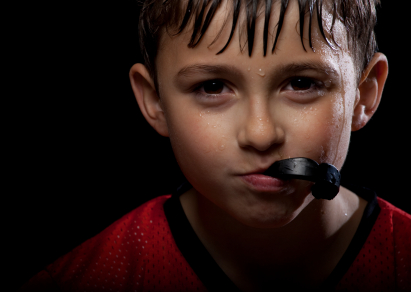
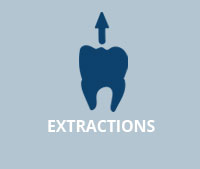
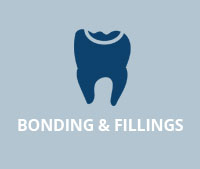
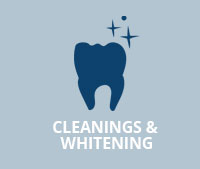
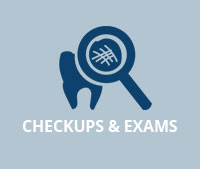
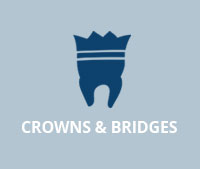
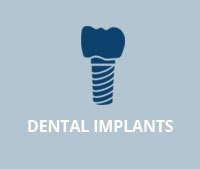
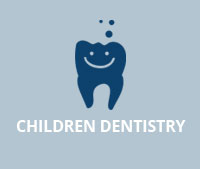
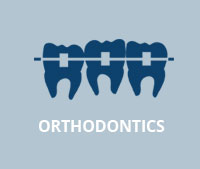
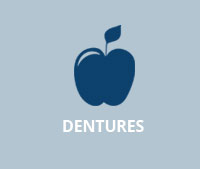
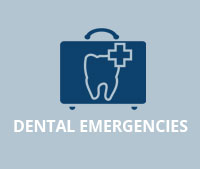
 Amherstburg Dental welcomes our new Dental Assistant, MAX, who will be helping us improve how we communicate with our patients; making it much simpler and easier!
Amherstburg Dental welcomes our new Dental Assistant, MAX, who will be helping us improve how we communicate with our patients; making it much simpler and easier!